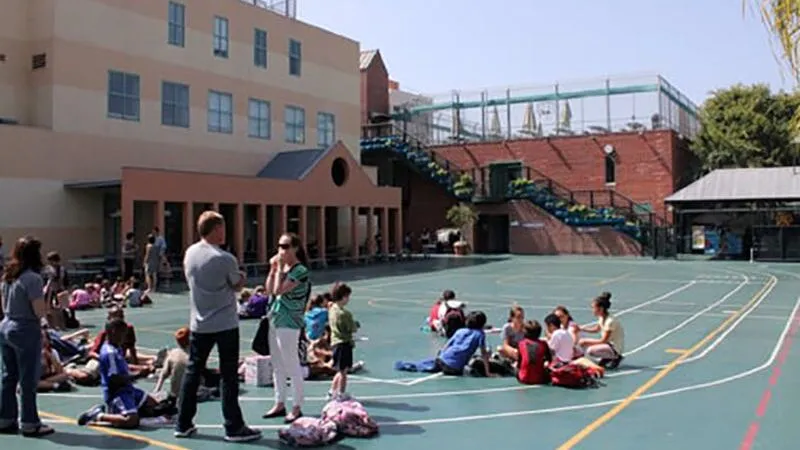In the wondrous adventure of growing up, early education centers play a pivotal role in shaping young minds and hearts. These centers are more than just preliminary steps in the academic ladder; they are vibrant, dynamic spaces where learning and play converge to foster holistic development. For parents and child development experts alike, understanding the essence of these nurturing environments opens up new perspectives on early childhood education.
The Playful Learning Environment
Imagine walking into a room awash with sunlight, the air filled with the sound of laughter and the vibrant hum of activity. This is the setting of many early education centers, meticulously designed to inspire young explorers. Bright colors, open spaces, and a plethora of age-appropriate toys are not random elements but carefully chosen tools that encourage exploration, spark creativity, and facilitate social interactions. In this environment, every corner holds a discovery, and every activity is an invitation to learn.
Curriculum and Educational Philosophy
At the heart of these centers lies a diverse array of educational philosophies, each contributing to the rich tapestry of early childhood education. From the self-directed activities of Montessori to the project-based learning approach of Reggio Emilia and the holistic development focus of Waldorf, these philosophies share a common belief in the power of play as a medium for learning. Integrated into the curriculum, they support children’s cognitive, emotional, and social development in unique and engaging ways.
The Role of Teachers and Staff
Every successful early education center thrives thanks to its dedicated team of educators and caregivers, the key to its success. These professionals combine expertise in child development with a passion for teaching and a warmth that makes the learning environment a place of comfort and growth. They are crucial in building strong, nurturing relationships with the children, turning each day into a chance for learning and discovery.
Their qualifications, typically including degrees in early childhood education and a commitment to continuous professional development, equip them to address the varied needs of young learners. With personalized attention, innovative teaching, and a curriculum that mixes educational basics with creative play. They patiently and encouragingly guide each child.
Benefits of Early Education Centers
The advantages of attending an early education center are numerous and varied, significantly impacting cognitive, social, and emotional domains in young children. Those who partake in early childhood education often display markedly advanced language skills. Which include a broader vocabulary and more effective communication abilities.
Additionally, these settings foster enhanced problem-solving capabilities, enabling children to navigate challenges with greater ease and creativity. Furthermore, early education centers contribute to the development of greater emotional resilience, equipping children with the skills to manage their feelings and interact positively with others.
Choosing the Right Center for Your Child
For parents, selecting an early education center is a decision imbued with hope and aspirations. Factors such as location, curriculum emphasis, and staff qualifications come into play. But equally important is the center’s ethos and atmosphere. For example, a preschool in Saratoga Springs might offer a unique blend of curriculum and outdoor activities that perfectly matches your child’s needs and interests. Visiting potential centers, observing the interactions between staff and children, and gauging the overall environment can provide invaluable insights, helping parents find a place where their child can thrive.
Conclusion
Now that you have delved into the world of early education centers. You can see how these nurturing and stimulating environments create a perfect mix of learning and play. From fostering cognitive abilities to promoting emotional well-being. These centers offer young children an enriching foundation for their future academic and social success. Whether it is through hands-on activities or imaginative role-playing. Every moment spent in an early education center is an opportunity to learn, grow, and most importantly, have fun.
